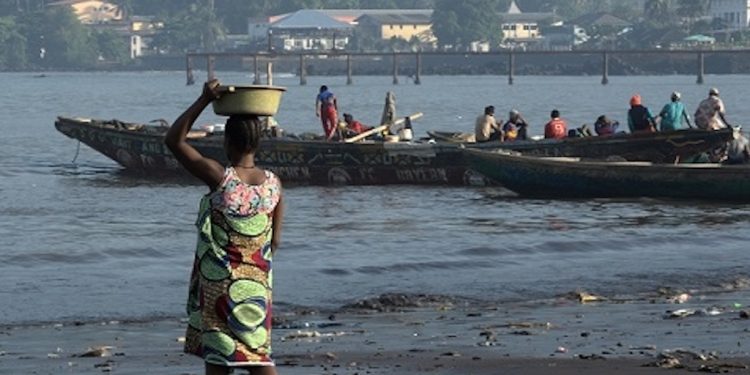Identified after a long process by the European Commission as a ‘non-cooperating country’ Cameroon has been issued with red card, effectively closing European markets to any imports of seafood products from Cameroon.
Cameroon’s listing as a non-cooperating country is based on persistently serious failings that were outlined almost two years ago, when the government of Cameroon was given warning that a red card could be on the way before long.
In particular, the EU Commission has pointed to the failure of the Cameroonian authorities to ensure adequate control over the national fishing fleet and to take necessary corrective measures for the cessation and prevention of IUU fishing activities. Cameroon has continued registering fishing vessels that operate outside its waters, including an IUU fishing vessel, while there is a lack of monitoring of their activities.
According to the Commission, it intends to maintain a dialogue with Cameroonian authorities to help the country address the identified shortcomings.
The Commission will now propose to the Council of the EU to add Cameroon to the list of non-cooperating countries.
Since November 2012, the Commission has entered into formal dialogues with 26 third countries, during which it has officially warned them of the need to take effective action to fight IUU fishing. In most cases, significant progress was observed and therefore the Commission could satisfactorily close the formal dialogue phase and lift the decisions taken.
Only few countries have not shown the necessary commitment and did not take measures to rectify the identified shortcomings.
‘Sustainable fisheries and better ocean governance go hand in hand and the Commission is firmly committed to both. We have zero tolerance for IUU fishing and therefore the Commission has acted strongly today by giving Cameroon a red card,’ said Commissioner for Environment, Oceans and Fisheries Virginijus Sinkevičius.
‘We remain ready to continue our dialogue with Cameroon in order to address the threats that IUU fishing poses to the sustainability of fish stocks, coastal communities, food security and the livelihoods of fishermen and –women who follow the rules.’









